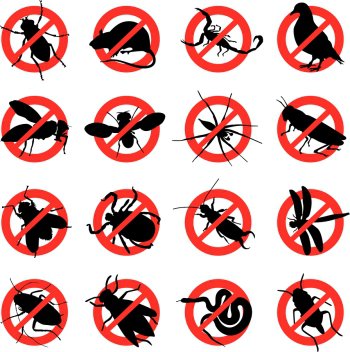What A Rodent Infestation Could Mean For Your Health

Now that cooler temperatures are here, you and your family may be spending more time indoors. Humans are not the only ones seeking shelter from winter temperatures, however—rodents are also making their way inside now. In addition to making you feel uneasy in your own home, the presence of rodents can have a negative effect on your health. If you suspect you have rodents in your house, contact the experts in pest management in Columbia to help you eradicate the problem. Keep reading to find out what a rodent infestation could mean for your health and why rodent control is important.
Hantavirus
Did you know that rats and mice are capable of spreading at least 35 different diseases? Hantavirus is just one of the diseases that rats and mice can carry and transmit to humans. It is transmitted through the air, typically when rodent urine, droppings, or nest areas are disturbed. Hantavirus can also be spread through the bite of an infected rat or mouse, or by eating food that has been contaminated by the infected rodent. Symptoms of infection include fatigue, fever, and muscle aches, and can progress to headaches, nausea, and dizziness. In severe cases, Hantavirus can be deadly, as there is no cure or specific treatment. Early treatment can lessen symptoms and lead to better outcomes.
Lymphocytic Choriomeningitis
Lymphocytic choriomeningitis, also known as LCM, is transmitted through infected rodents, usually a house mouse. About 5% of house mice in the U.S. are thought to have LCM, which they can transmit to other rodents as well as humans. Because the disease can cause neurological issues, it is essential to enlist the help of professional pest control if you suspect you have a rodent problem.
Plague
Though plague is most often associated with the Middle Ages, it can still affect rodents and humans, particularly in more rural areas. Being bitten by an infected rodent or handling an infected rodent after its death can result in transmission. Plague is treatable with antibiotics, but it is still best to take precautions through pest management to reduce the chances of occurrence.
